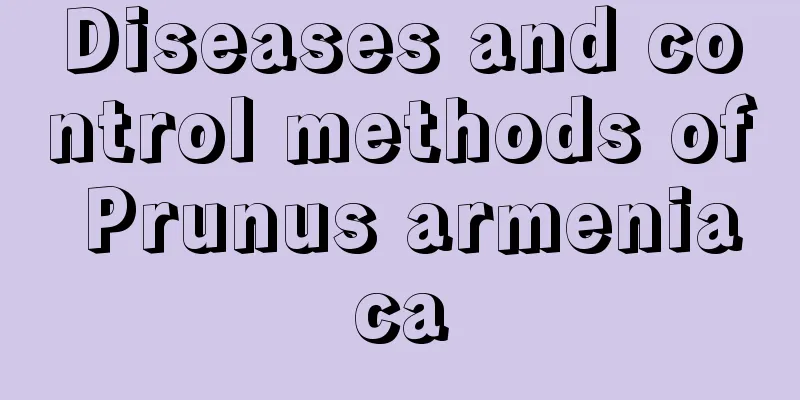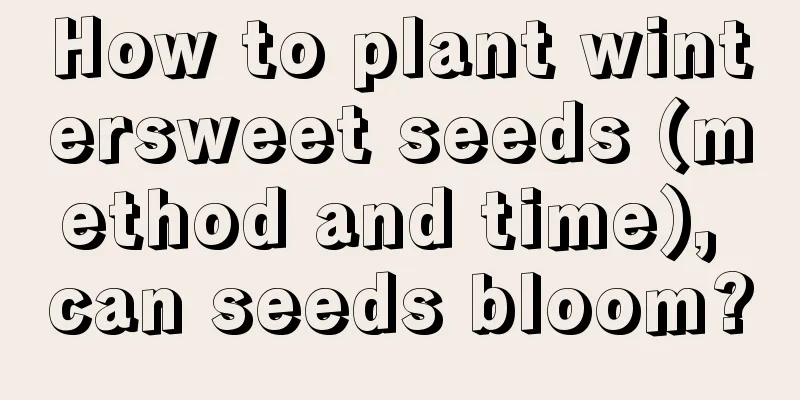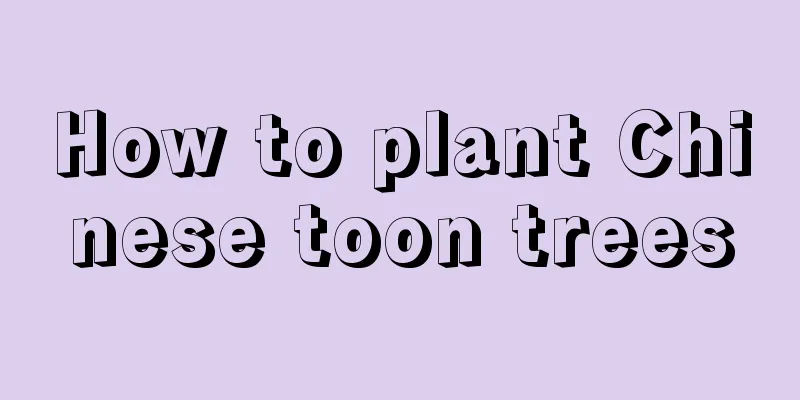Diseases and control methods of Prunus armeniaca

Diseases of Prunus armeniaca: Black spotsymptomIt mainly harms the leaves of Prunus armeniaca, causing them to wither and turn yellow, and the plants to die. It is contagious. The pathogen overwinters on fallen diseased leaves, produces conidia in the following spring, and spreads by air currents. The disease mainly occurs in summer and autumn, with autumn being more common. When the disease occurs, nearly circular spots will appear on the leaves of the plum tree. The spots are brown with dark brown rings and covered with black-brown mold. Sometimes the spots are irregular in shape due to the influence of leaf veins and can merge into larger patches. Prevention and treatment methodsWhen planting, choose excellent disease-resistant varieties and increase plant quarantine. Strengthen the water and fertilizer management of Prunus armeniaca to improve the disease resistance of the plant. Spray 5 degrees Baume lime sulfur mixture once before bud break in spring for prevention. If disease occurs, spray with 700 times diluted 80% mancozeb wettable granules or 500 times diluted 70% mancozeb. Spray once every 7 days. Spray 3 to 4 times in a row to effectively control the disease. Diseases of Prunus mume: Root cancersymptomPathogenic bacteria invade parasitic plants through wounds or through stomata. In the early stage of the disease, small, nearly round nodules appear at the roots of the plants, which then gradually grow larger and harden, with a rough and cracked surface. The color changes from light to dark brown or black brown, and the inside of the nodule becomes lignified. Due to the damage to the root system, the diseased plants grow slowly, and in severe cases the whole plant dies. Prevention and treatment methodsBefore planting, various underground pests should be controlled in time. On diseased plants, use a sterilized knife to remove the tumors, and then apply white paint or Bordeaux liquid on the diseased parts. Diseases of Prunus mume: Leaf spotsymptomThe leaf spot pathogen overwinters in diseased remains or on the surface of the ground, and is spread by wind and rain to infect the host during the disease period the following year. Nearly circular spots will appear on the leaves and gradually expand, forming patches, causing the leaves to turn yellow and fall off. Prevention and treatment methodsIn winter, combine plant pruning and branch and leaf tidying up, promptly remove the spots and residues left over from the disease, and burn them in a concentrated area. In the early stage of the disease on the plants, spray 900-1400 times of 75% thiophanate-methyl wettable powder or 800 times of 75% thiophanate-methyl wettable powder in time. |
<<: Common diseases and pests of olive flowers and their prevention and control methods
>>: Common diseases and treatment methods of night-blooming primrose
Recommend
How to make the kapok tree bloom on New Year's Day
Actual flowering period They generally bloom as e...
What should I do if my asparagus fern grows a very long branch?
1. Cut it off directly If asparagus fern grows a ...
How to prune the arrowhead flower
When to prune the arrowhead flowers Pruning of th...
The most auspicious large plants in the living room
1. Monstera Monstera is a large plant that symbol...
How many years does it take for hazelnuts to bear fruit?
Introduction to Planting Hazelnuts Hazelnuts pref...
Main varieties of Begonia
Single-winged Begonia The leaves that wrap the fr...
How to deal with peony after flowering
Peony post-flowering treatment 1. Pruning After t...
How to grow mini roses
1. Soil Preparation The choice of soil is very im...
What are the functions of spring grass
Matching with home style Spring grass is a common...
Lanmei planting conditions and environmental requirements for suitable planting areas
Introduction to Lanmei Orchid plum grows vigorous...
Soybean planting time
As an important grain and oil crop, soybeans occu...
When is the best time to transplant dragon fruit?
Dragon fruit is a common tropical fruit , which i...
How to grow carnations
1. Temperature Carnations are not suitable for gr...
If you grow green radish and asparagus fern like this, it will be hard to turn it yellow!
How to avoid yellowing leaves of money tree? (Pho...
When buying flowers for the Chinese New Year, tell your parents not to buy these “3 types” of flowers, as they are not good for your health when kept at home!
1. Tulip Tulips have bright flowers and are an ex...









